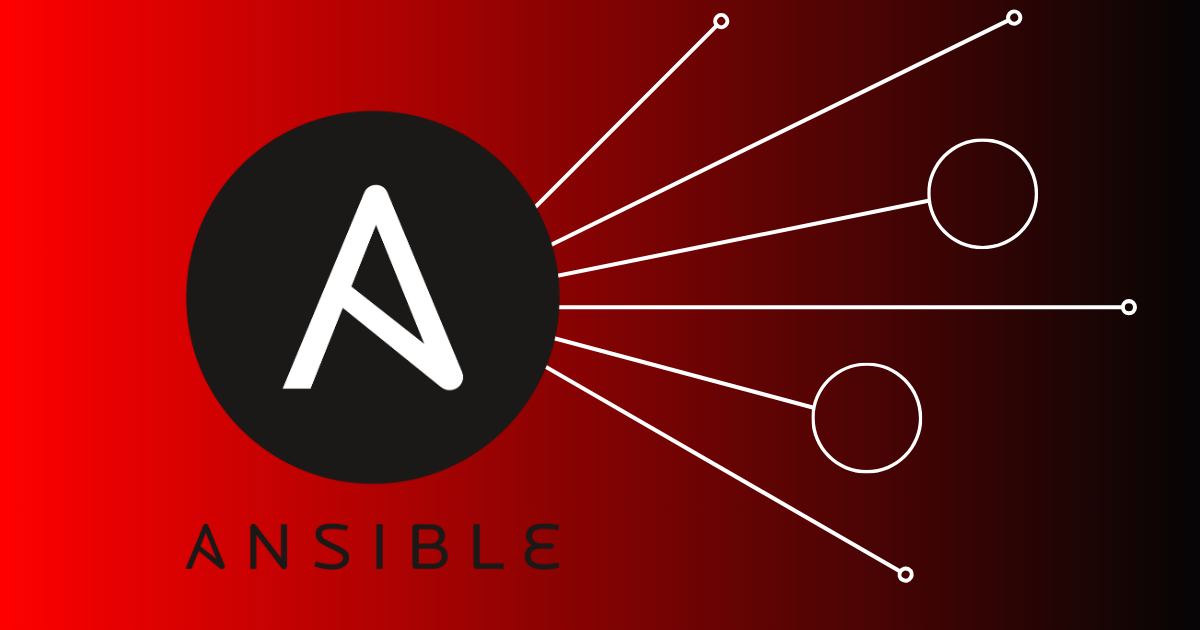
This Ansible for Configuration Management complete understanding of Ansible, one of the most popular automation and configuration management tools. You will learn how to automate IT infrastructure, manage server configurations, streamline deployments, and integrate Ansible into DevOps workflows. With hands-on labs and real-world projects, you will gain the skills required to use Ansible effectively in modern IT environments.
Module 1: Introduction to Configuration Management & Ansible Basics What is Configuration Management? Introduction to Ansible and its use cases Key features and advantages of Ansible Ansible vs Puppet vs Chef vs Salt Stack Installing Ansible on Linux/Windows.
Module 2: Ansible Architecture & Components Ansible architecture overview Control node & managed nodes Ansible modules and plugins SSH-based agentless architecture Understanding Ansible Tower/AWX.
Module 3: Inventory Management & Ad-hoc Commands Static and dynamic inventories Grouping hosts in inventory Running ad-hoc commands Host variables & group variables Using patterns in inventory.
Module 4: Playbooks, YAML & Variables Introduction to YAML syntax Writing simple Playbooks Using variables in Playbooks Facts and gathered information Defining defaults and precedence.
Module 5: Handlers, Templates & Conditionals Using handlers in Playbooks Jinja2 templates for configuration files Looping with “with items” Conditional statements in Playbooks Error handling in Ansible.
Module 6: Roles & Reusable Playbooks Introduction to roles in Ansible Creating and using role Role directory structure Importing and including Playbooks Sharing roles using Ansible Galaxy.
Module 7: Application & Service Management Managing users, packages, and services Deploying applications with Ansible Configuration file automation Multi-tier application orchestration Patching and updating servers.
Module 8: Ansible with Containers & Orchestration Managing Docker with Ansible Creating containers using Ansible modules Deploying Kubernetes clusters with Ansible Integrating Ansible with Helm charts Containerized application automation.
Module 9: Ansible in CI/CD & Cloud Environments Integrating Ansible with Jenkins pipelines Using Ansible for CI/CD automation Provisioning AWS, Azure, and GCP with Ansible Hybrid and multi-cloud automation Infrastructure as Code with Ansible.
Module 10: Advanced Ansible & Real-World Projects Error handling, logging, and debugging Security best practices with Ansible Vault Optimizing Playbook performance Writing custom modules and plugins Capstone project: End-to-End infrastructure automation.
Mobile: 9100348679
Email: coursedivine@gmail.com

You cannot copy content of this page